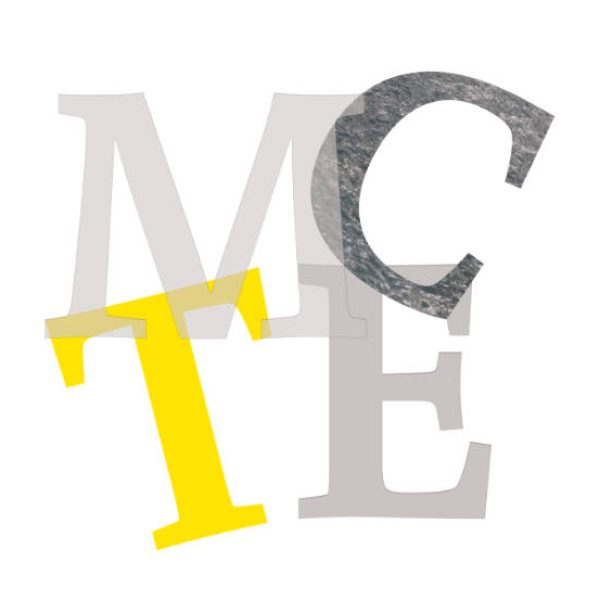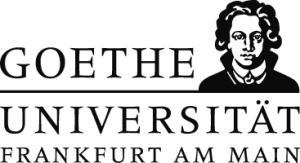Moving Cultures, Transcultural Encounters
‘Travelling Cultures’: Reading Nineteenth-Century British Narratives about Movement and Mobility
Do., 30.11.2017, 18:00 –IG 4.201
In the last years, the idea of ‘travelling cultures’, particularly expounded by American anthropologist James Clifford, has captured the imagination of a significant number of historians, philosophers, anthropologists, cultural and literary studies scholars who are actively engaged with it. Indeed, a number of theories have also recently emerged around this notion such as ‘travelling concepts’ expounded by Doris Bachmann-Medick or ‘travelling memory’ by Astrid Erll, which seem to be an interesting offshoot of travel as a metaphor of cultural transgressions and personal transformations. I take modern, interdisciplinary concepts of travel and deliberately choose to go back in time to address travel from a different perspective in order to develop innovative approaches to various forms of travel in British literature in the long nineteenth-century – travels which are not necessarily connected to the idea of British colonial expansion alone, but how an individual, a family or a community (often caught between cultures) is shaped by temporal, spatial, existential or spiritual journeys or pilgrimages.
So, the lecture seeks to demonstrate how the new concept of ‘travelling cultures’ with reference to transculturation is helpful in reading nineteenth-century British narratives of travel and mobility. By exploring the connection between travel and transculturation, I aim to present my own theory of travelling culture in relation to the theory of transculturation as put forward by Fernando Ortiz and the transcultural by Frank Schulze-Engler and using it as a reading methodology. I set out to argue that various kinds of nineteenth-century genres such as poems, novels, short stories, memoirs, sketches, journals, and fictional travelogues reveal not only a variety of cross-cultural and cross-borders encounters, making us look at history and territory as well as culture and ethnicity as overlapping, but also how the experience and practice of travel by foot, by stagecoach, by horse, by sea or by boat draw our attention to a large variety of travellers in the domain of literature. It is the figure or the character of the traveller and his or her motifs behind travel is what is absolutely crucial to my understanding of the literary representation of travel. For it is by focusing on the types of travellers and their expectations before and after travel that I am able to develop deeper insight into the role of travel in shaping the traveller’s transcultural imagination and his or her cultural stereotypes. In fact, the emotional impact of travel on the traveller and his or her ‘tales’ or narrative is equally fundamental to my main argument as I seek to scrutinise them critically.
To explore the wider dimensions of travel and mobility, I will bring together my selected texts under the following categories: the suffering travellers, the curious travellers, the critical travellers and the ‘strangers’ as travellers. My selected readings include works by Lord Byron, Emily Eden, George Francklin Atkinson, James Wills, Francis Trollop, Henry James, Sir Arthur Canon Doyle and Bram Stoker among others, most of which make us ‘travel to distant geographies’. By addressing travel not only as a quest, but as a life changing experience, particularly its role in individual and cultural transformations across territorial and geographical divisions, I try to shed new light on ‘literature of travel’ and ‘travel in literature.’ Starting off with analysing selected texts in the romantic period and moving onto texts in the Victorian era and modern period, I plan to place travel in the historical framework in order to examine its representation from different angles in the realms of British literature.
Nadia Butt is lecturer in English in the department of British and American Studies at the University of Giessen, Germany. She did her PhD with Prof Frank Schulze-Engler in 2009. She is the author of Transcultural Memory and Globalised Modernity in Contemporary Indo-English Novels published in 2015. She has taught British and Postcolonial literatures at the University of Frankfurt and the University of Muenster. She has mainly published articles in the area of transcultural literatures in English. Her main areas of research are transcultural theory, memory studies, South Asian Anglophone literatures and travel literatures. Currently, she is working on her post-doctoral project which is based on travelling cultures and nineteenth-century British literature.


